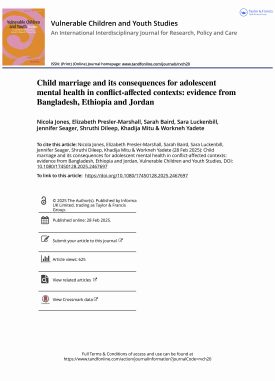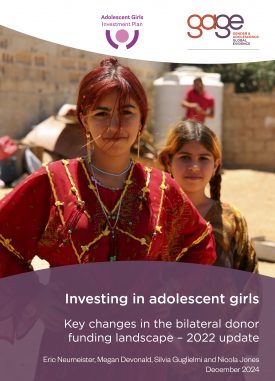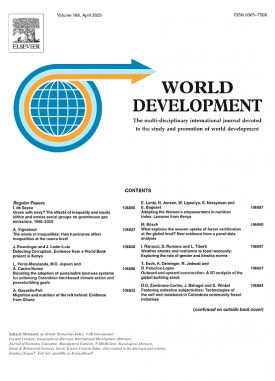Although our understanding of the risks and vulnerabilities that adolescent girls and boys face has grown exponentially over the last decade, with adolescents becoming an increasingly visible target group within development (Viner et al., 2015; Harper et al., 2018), our understanding of what works remains nascent.
In seeking to address this, we observed that qualitative methodologies for working with especially young adolescents and evaluating programme effectiveness with young people remain relatively underdeveloped. In an effort to contribute to this fledgling field, the GAGE consortium undertook extensive formative fieldwork in five diverse contexts in 2016 to pilot a range of different methodological approaches and instruments, some inspired by studies undertaken in the Global North, others from the Global South, and through our team’s collective brainstorming on what had worked with this age group in past research.
The current set of tools reflects the collective learning among senior and junior researchers in the consortium from five country contexts across Africa, Asia and the Middle East.
Suggested citation
Jones, N., Camfield, L., Coast, E., Samuels, F., Hamad, B. A., Yadete, W., Amayreh, W., Odeh, K. B., Sajdi, J., Rashid, S., Sultan, M., Malachowska, A. and Presler-Marshall, E. (2018) GAGE baseline qualitative research tools. London: Gender and Adolescence: Global Evidence (https://www.gage.odi.org/publication/gage-baseline-qualitative-research-tools/)


